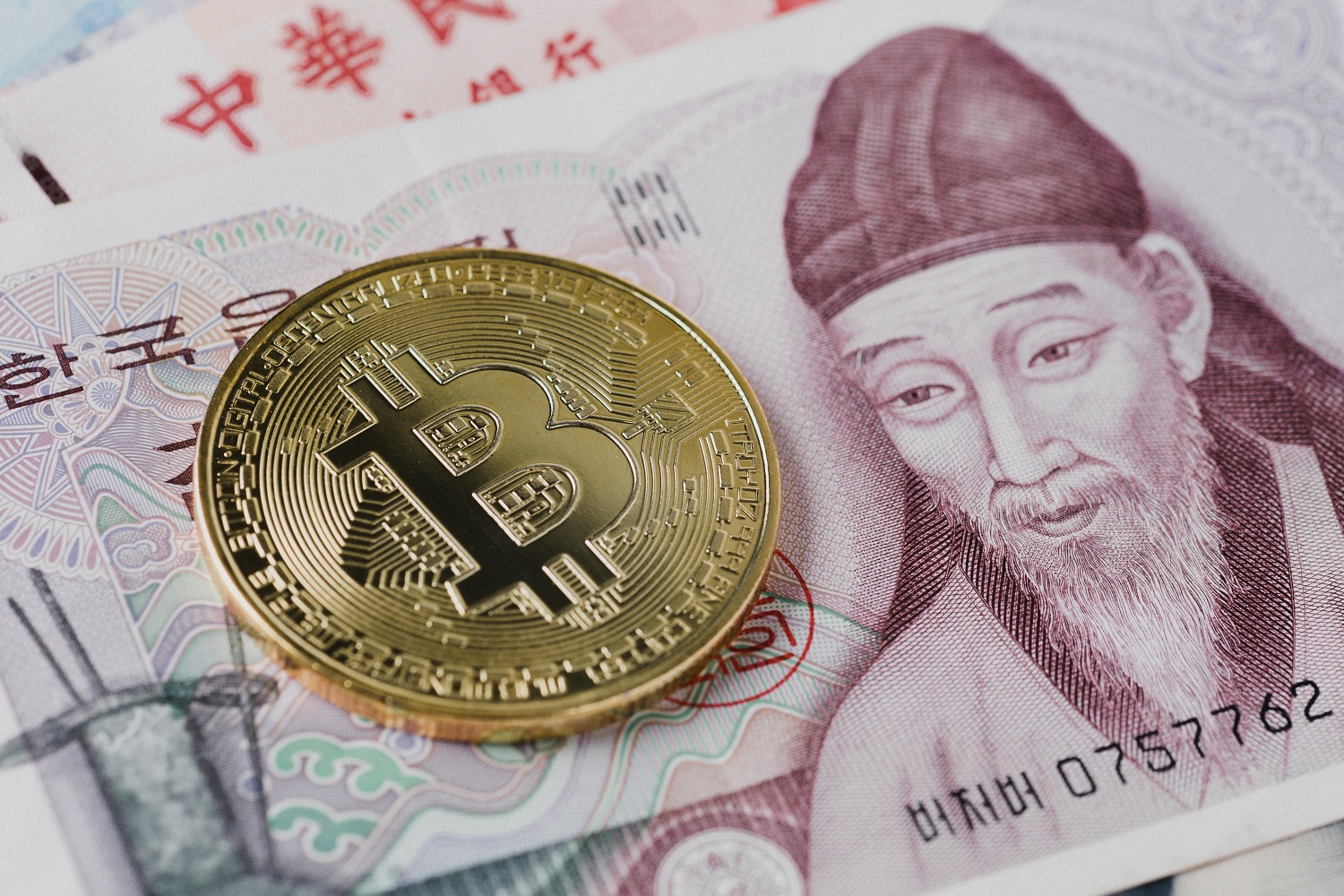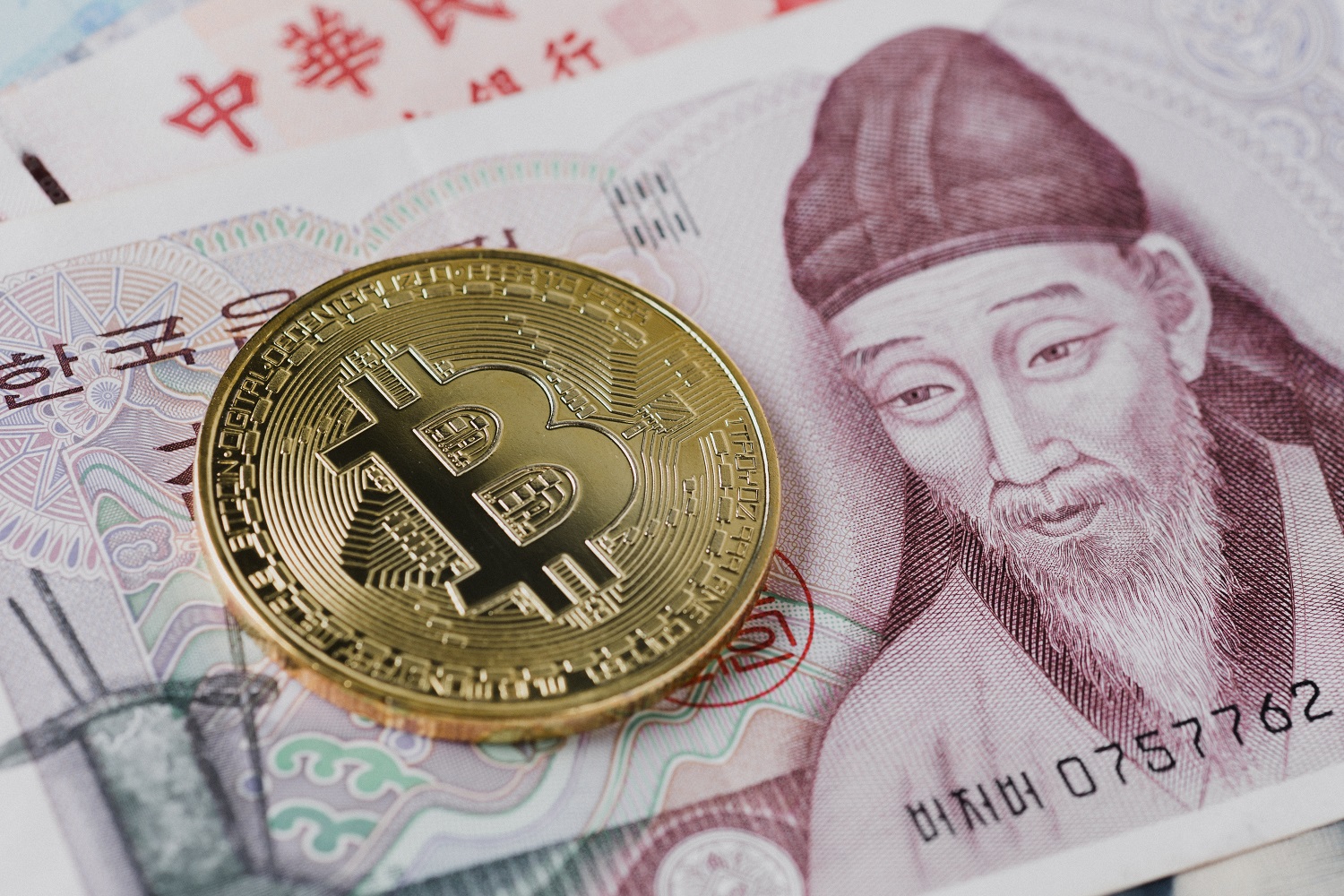South Korean Court Jails Septuagenarian Bitcoin Fraudster


A South Korean court has handed a 70-year-old man a jail sentence after finding him guilty of Bitcoin (BTC)-powered fraud.
Kyeonggi Ilbo reported that the unnamed man, identified only by the initial A, was given a one-year prison term for enabling “telecommunications-related financial fraud.”
A branch of the Suwon District Court heard that the man was recruited by an organized voice phishing ring in August 20, 2021, although A claimed he did not know that the group was involved in fraud.
Prosecutors explained that the group asked A to buy Bitcoin from a domestic crypto exchange using his own fiat holdings.
He was then instructed to send the tokens to the ring’s crypto wallet.
In exchange, the ring told him, he would receive a “3% monthly commission.”
The court heard that A was told he could receive up to $4,000 per month if he continued to make BTC purchases.
But investigators later discovered that the ring was actually a voice phishing outfit that wanted to use A to launder their funds.

In South Korea, domestic crypto exchanges must conduct all fiat-related transactions through dedicated, real-name authenticated bank accounts.
The ring likely sought to use A as a foil in this regard, to ensure its members’ identities were not easily traceable.
Police officers testified that the money paid to A was “the proceeds of crime handed over by the victims of romance scams.”
The gang reportedly used social media sites to create false profiles.
They then used these profiles to catfish unsuspecting South Korean citizens.
Some victims, thinking they had found romance online, proceeded to “lend” funds to the fake profile-operating scammers.
Others were sent parcels by “online lovers” based in overseas locations – only to be contacted by other members of the ring, who posed as customs officials.
The bogus officials claimed that the parcels had been sent illegally, and said that unless the recipients paid some $13,300, they would find themselves in “legal trouble.”
During the trial, A admitted his guilt, but said that he was not aware of the organization’s actions.
But the presiding judge explained that A had committed a “crime that caused serious economic and mental damage.”
The judge said A had played a part in “stealing money from the economically weak.”
The judge claimed that the court had decided not to deliver a longer sentence as A had shown remorse and promised not to re-offend.
Increase in South Korean BTC & Crypto Fraud?
Crypto-powered “romance” scams are on the rise in East Asia, where they often target older victims.
Earlier this year, security providers reported a sudden rise in dating app-based fraudsters trying to lure victims onto bogus crypto mining platforms.
In December last year, a Japanese man in his 50s lost “more than $90,000” to a “foreign woman” promising crypto “investment opportunities” – as well as romance.
Crypto and fiat-powered social media fraud accounted for $2 million worth of losses in Japan’s Fukuoka Prefecture in the first 10 months of 2022.
But in South Korea, a study revealed that most “romance scam victims” ensnared via social media in 2022 were women.
The same study found that the majority of these women were aged under 40 and involved BTC or other cryptoassets.




